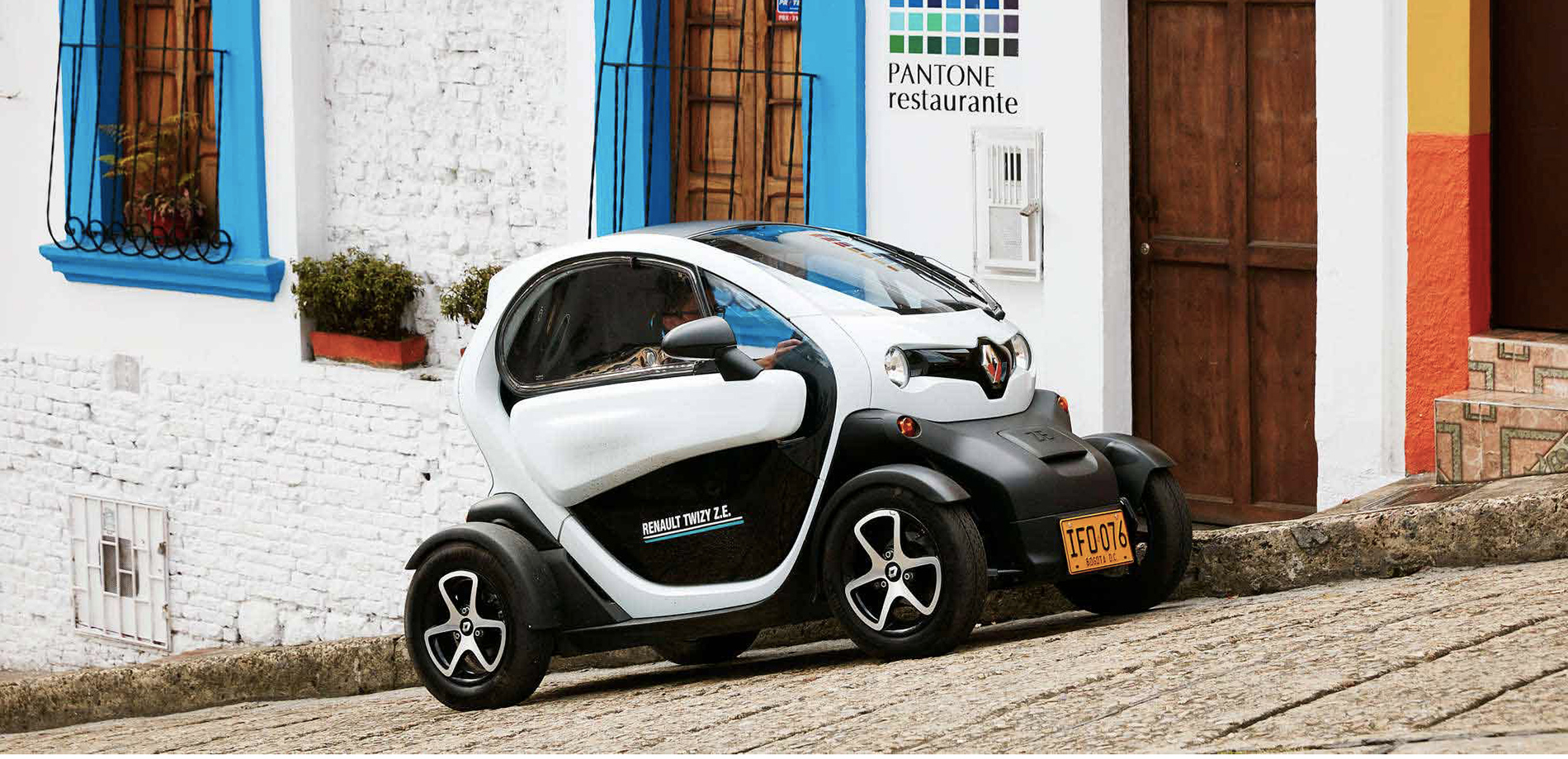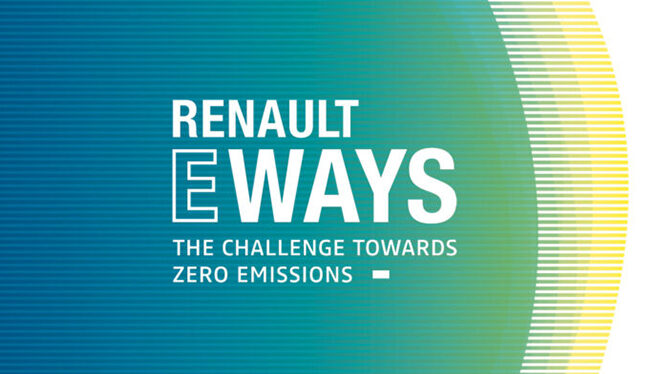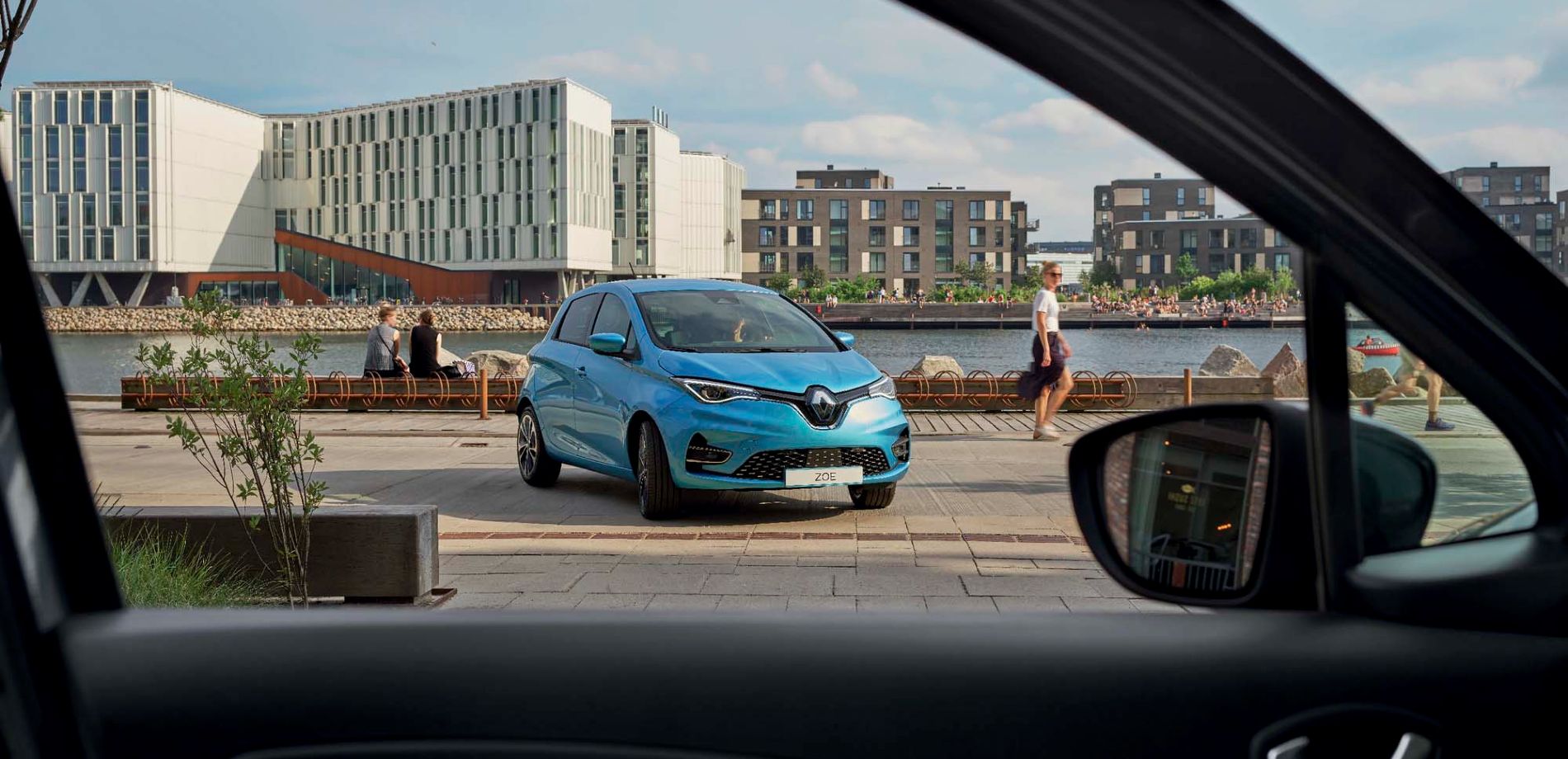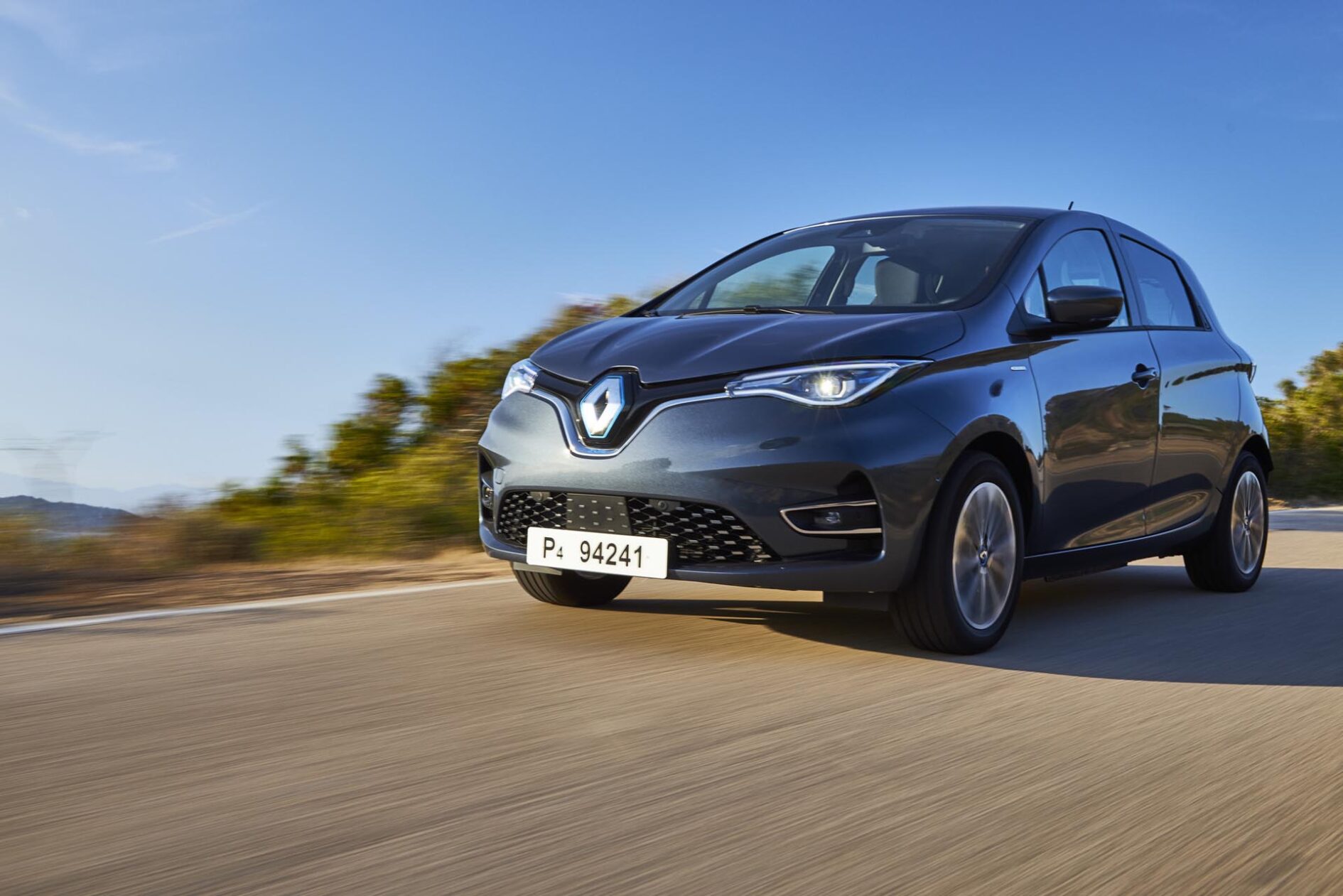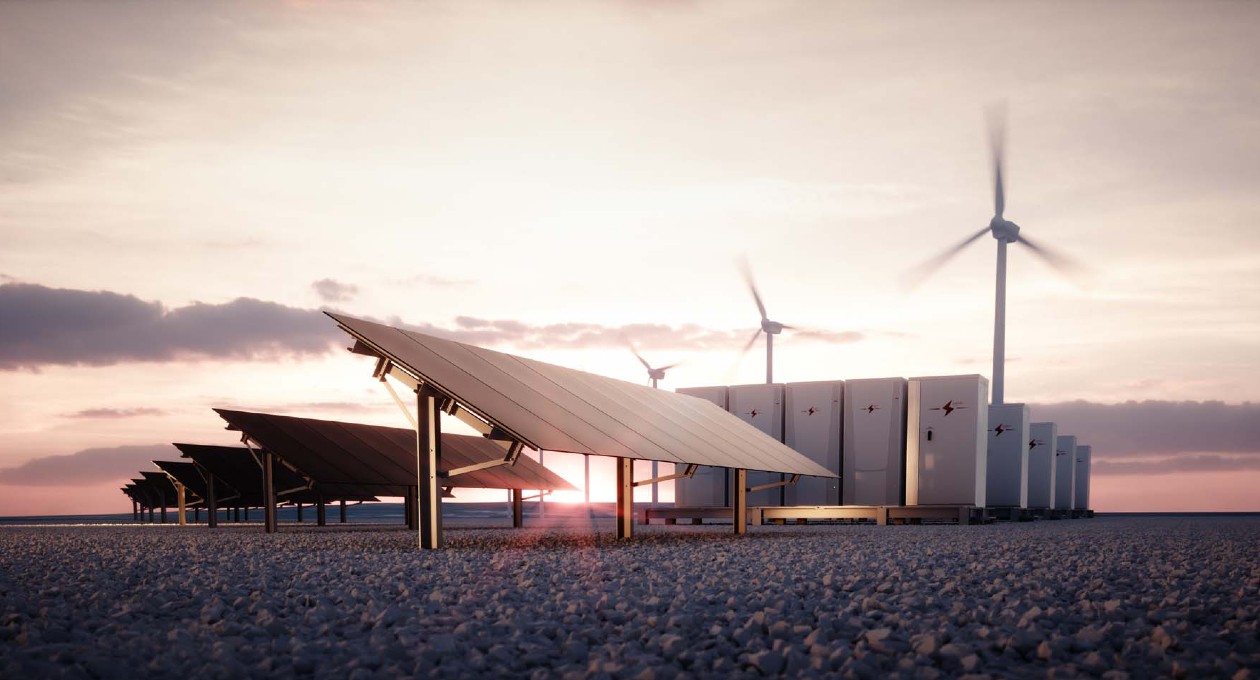

What characterises the Latin American electric vehicle market?
It is still fairly restricted, but comparable to that of other countries, even European ones. In Colombia for example, the largest market in Latin America, the market share of electric vehicles is 0.13% of the total market, while it was 0.10% in Italy in 2017. A thousand vehicles will have been sold in 2018, across all manufacturers. Nonetheless, there’s a real potential there. First, because several countries are already committed to ecologically-responsible energy. In the region, 70% of electricity is produced by hydropower.
Wind and solar power are developing. Secondly, local authorities more often than not show a real desire to encourage electric mobility. The vast majority of countries have abolished tariffs on electric vehicles, and some have significantly reduced VAT.

Numerous cities like Santiago, Medellín and Bogotá are also looking for ways to reduce traffic jams and pollution. In São Paulo, for example, electric vehicles are not affected by weekday traffic restrictions, unlike vehicles with combustion engines.
Where do Renault electric vehicles fit into this part of the world?

Like in the european market, Renault is also a leader and pioneer in Latin America. More than one in three electric vehicles sold in 2018 in Latin America was a Groupe Renault vehicle. One of our strengths is to offer a complete range of options, with the Renault Twizy quadricycle, which makes up 40% of sales, the Kangoo Z.E. utility vehicle, the ZOE and the Fluence Z.E. saloon.
Like in the european market, Renault is also a leader and pioneer in Latin America. More than one in three electric vehicles sold in 2018 in Latin America was a Groupe Renault vehicle.
Adriano Castro, Director of Renault’s Electric Vehicle Programme for the Americas region
Another advantage is Renault’s presence in several countries: Brazil, the first market where the group began selling Kangoo Z.E.s in 2014; Colombia, with the launch of the Twizy in 2015; Uruguay; Mexico and even Bermuda.
We were the first to launch a 100% electric vehicle in Argentina with the Kangoo Z.E. debuting in March 2018. It will follow in Chile at the start of 2019. Our main competitors only offer one vehicle and are only present in one or two markets.
How did you approach this market and how have sales evolved?
Our first target was company vehicle fleets, in particular those of energy companies (UTE in Uruguay, ITAIPU in Brazil, etc.), carriers (Fedex, DHL) and rental companies.

These partnerships with locally well-known companies are critical to boosting the image of our electric vehicles. The retail market is being developed as a next step: ZOE was launched in Colombia in April 2018, and in Brazil in November. Every year our sales volume increases by approximately 50%. We will have sold nearly 400 vehicles in 2018 and will have a fleet of more than 1,100 vehicles in circulation at the end of the year.
What are the prerequisites to launching electric vehicles in a new area?
First, the ecosystem necessary for their commercialisation must be put into place: adapting vehicles to work with the local power grid, which in Latin America is operated at 110 volts; getting local approval, which can take up to 12 months, etc.
In several countries, it was necessary to request the creation of a new category of quadricycles before we could market the Twizy.
We also have to work with the relevant authorities to encourage them to create incentives, financial or otherwise, without forgetting the need to develop charging infrastructure. In that region, there are still very few charging points available in public or private, for businesses that is, which company or delivery vehicles can use. Nevertheless, charging points are expanding at service stations, airports, universities and shopping centres.
Our goal then is to increase the number of charging points for homes or companies. We have entered into several agreements with different partners to offer our Colombian, Brazilian and Mexican customers a package that includes both a vehicle and the installation of a charging point. This helps keep prices down and makes their lives easier! For example, thanks to funding from our subsidiary RCI, the charging point is provided for free to private customers acquiring an electric vehicle.
On the manufacturing side, we must also anticipate the amount of interest and plan production accordingly, especially as demand grows, in order to keep delivery times as short as possible.
What are your plans and priorities for the months and year ahead?
We are continuing to build our Z.E. Expert dealership network, which is specially trained in electric vehicle sales and after-sales services. Also, in January 2019, we will open a second Renault After-Sales Academy training centre in Brazil in partnership with the hydroelectricity producer Itaipu Binacional. This technician training centre will be exclusively dedicated to electric vehicles.
Also in 2019, in Colombia, we will open the first battery repair centre in the region. Finally, we are preparing second-life applications for batteries and working on how to recycle them – just like everywhere else in the world!
Copyrights: Yannick BROSSARD, Renault Communication Brésil
